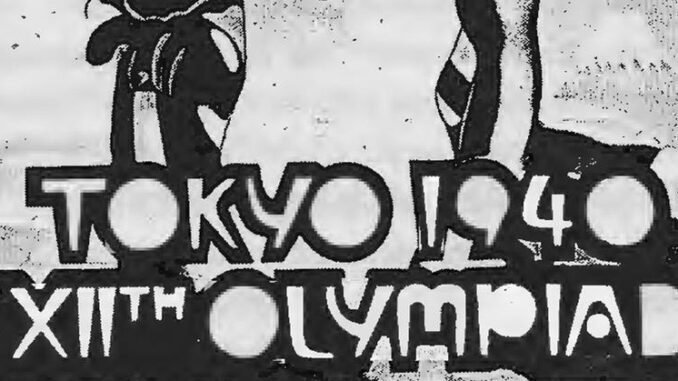
The 1940 Olympic Games were supposed to be something of a coming-out party for Japan. Initially scheduled to take place from September 21 to October 6, 1940 in Tokyo, the games were postponed after the country withdrew from its hosting duties to focus on going to war with China. Reserve hosts Helsinki were set to host the games earlier in the year, but the outbreak of World War II ended the games altogether. What would have been the first Olympics held outside of Europe and North America never took place, making the 1940 Olympics the games that never took place.
tokyo headquartered
Japan began lobbying to hold the 1940 Olympics in 1932. They hoped to show how far the country had progressed since suffering a devastating earthquake in 1923, and the opportunities for international diplomacy were also very tempting. Italy was the Olympic darling of the day , but the country’s leader at the time, fascist dictator Benito Mussolini, displayed uncharacteristic grace when he agreed to step aside if Japan supported his efforts to nab the following summer games. It was a major victory for Japan: the games were supposed to coincide with the 2,600th anniversary of Emperor Jimmu’s accession to the throne as the man who united Japan under one imperial dynasty. So well…
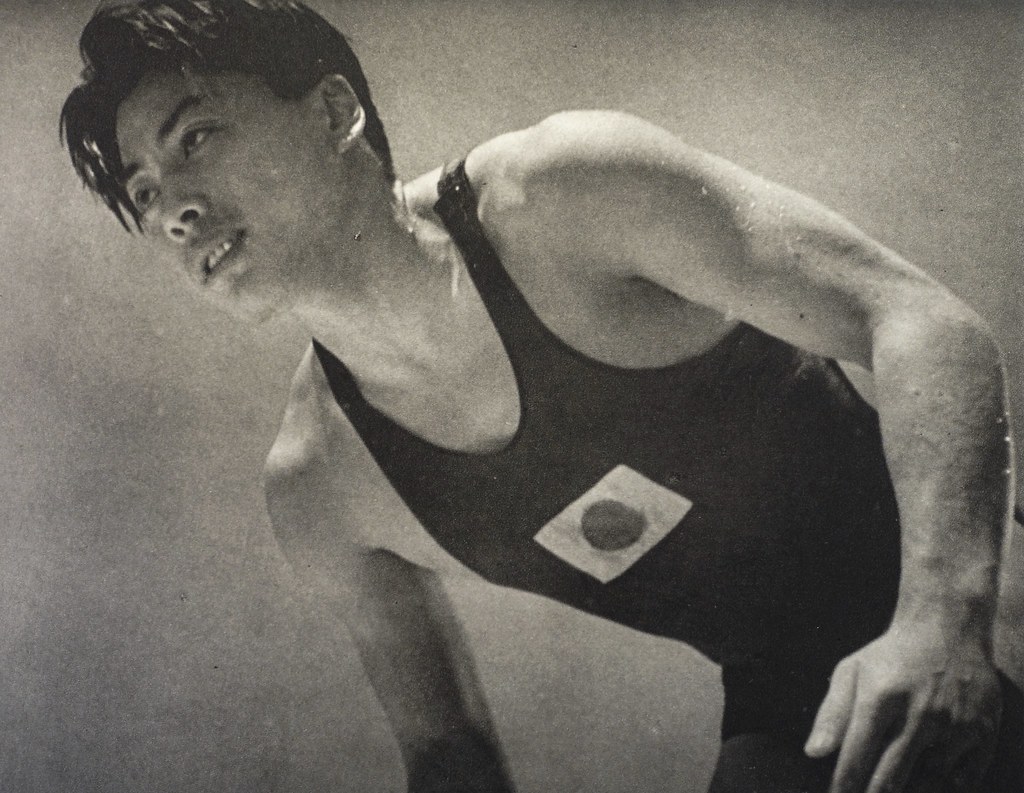
frustrated by the metal
As tensions rose around the world, the United States, Great Britain and France floated the idea of boycotting the 1940 Olympics. They did not want the Games to be used as a propaganda tool as they were. in Berlin by the Nazis in 1936. Although Japan assured the International Olympic Committee that it would meet the standards set by the group, they officially withdrew their candidacy for the games to take place on July 16, 1938, after the organizers realized they could not dispense with the steel needed to build the complexes needed to house the Games, thanks to the war effort. When Kōichi Kido, adviser to Emperor Hirohito, announced the confiscation of Japan, he explained “When peace reigns again in the Far East, we can then invite the Games to Tokyo and seize the opportunity to prove the true Japanese spirit to the people of the world. ” Following the announcement, the Olympic News reported “The organizing committee and the people of Japan were deeply disappointed to have to pull out of the Games, but under the circumstances, no other course was open. “
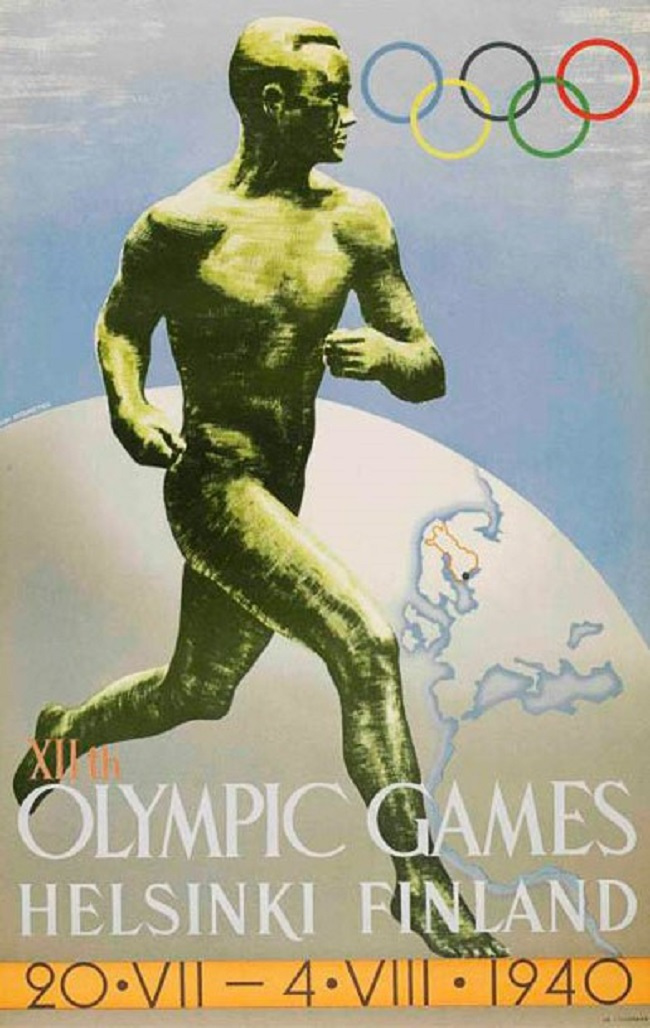
enter finland
After Japan officially withdrew from the Games, the IOC awarded them to Helsinki, Finland and postponed the September 21 start date to July 20. Even though most of the world was at war, the IOC believed that nations would lay down their arms to compete, but they conceded defeat in November 1939 when the Soviet Union invaded Finland. The world would have to wait another eight years to unite in the name of friendly competition.
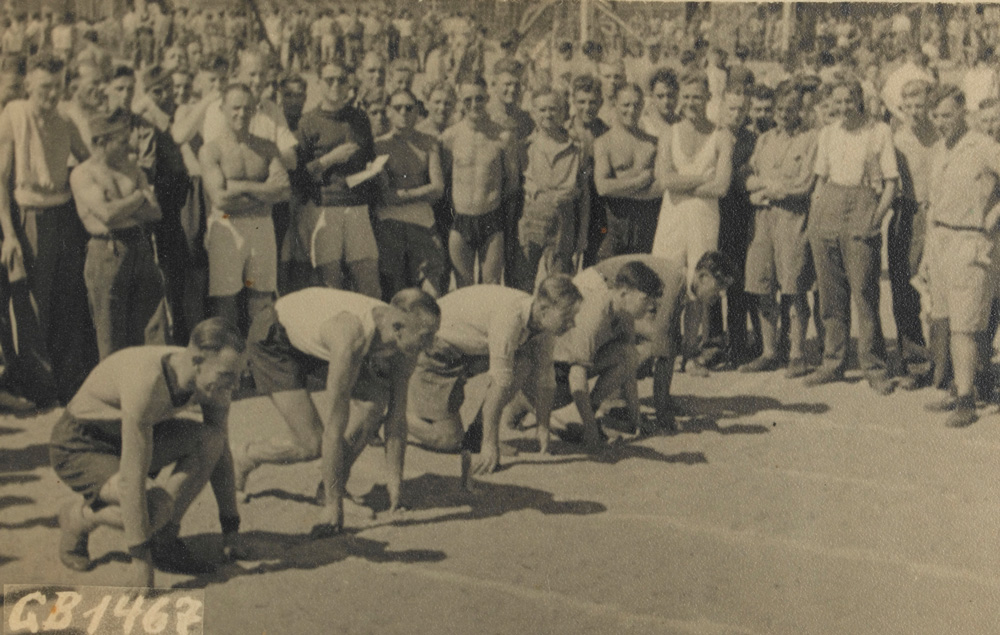
improvised games
The 1940 Olympics may have been cancelled, but that didn’t stop athletes from competing wherever they were. The annual Finland-Sweden Athletics International event was held at the Olympic Stadium in Helsinki with participants from Finland, Sweden and Germany, while Japan, Republic of China, Hawaii, Manchukuo, Thailand and the Philippines competed at the 1940 East Asian Games on June 6 on the 9th of June. Even POWs near Nuremberg, Germany held their own Olympics in August, which they called the Prisoner of War Olympics, at Stalag XIII-A. Prisoners made their own Olympic flag from a Polish prisoner’s shirt and drew the Olympic rings with crayons.
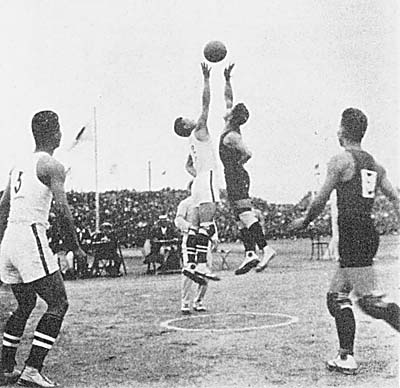
A huge economic loss
Japan was really counting on the economic boom that the Olympics would bring through tourism and hospitality. When they gave up, they had already started preparing for the Games, printing merchandise and investing a fortune in their transport and sanitation systems. It’s not known exactly how much Japan sunk in the Games and then lost when it withdrew, but between that and the war, its economy was wrecked for years.
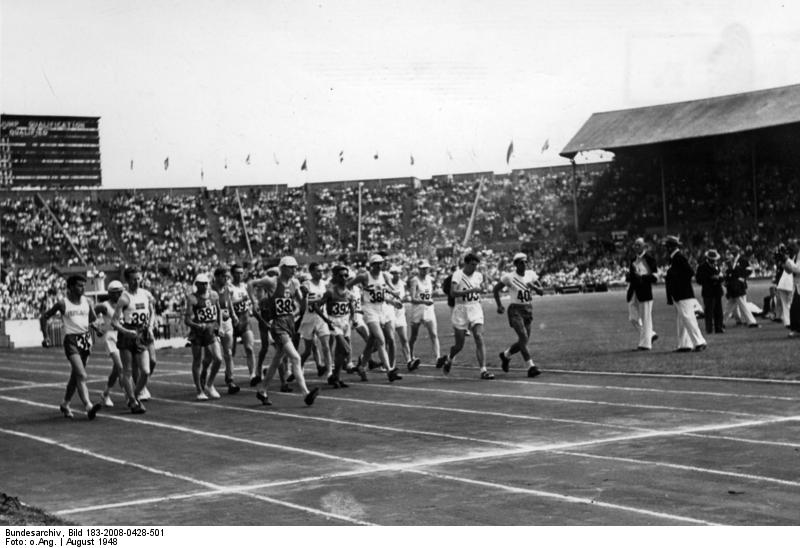
The Olympics returned in the 1948 London Games, in a Britain that was completely bankrupt after six years of war. As a result, the venue for the Games was not as majestic as previous ones, but the athletes and fans alike didn’t care. As David Wallechinsky, president of the International Society of Olympic Historians, told CNN Sports : In ’48, when the Games came back after 12 years, people were just happy that it was happening. Of course, the introduction of television, when people could watch live or at least catch up on a daily report, in the 60’s… It was a whole different deal.
London made around £761,688 in ticket sales after spending £732,268 to prepare the city for the Games, so it was a good economic deal for them too. Overall, the British government made around £30,000, which buys a lot of scones .